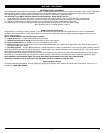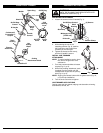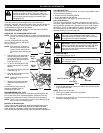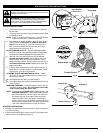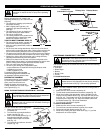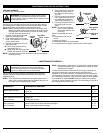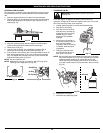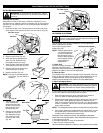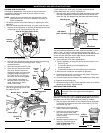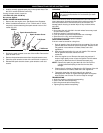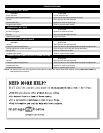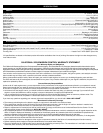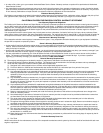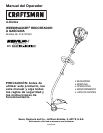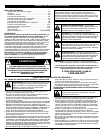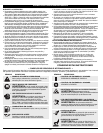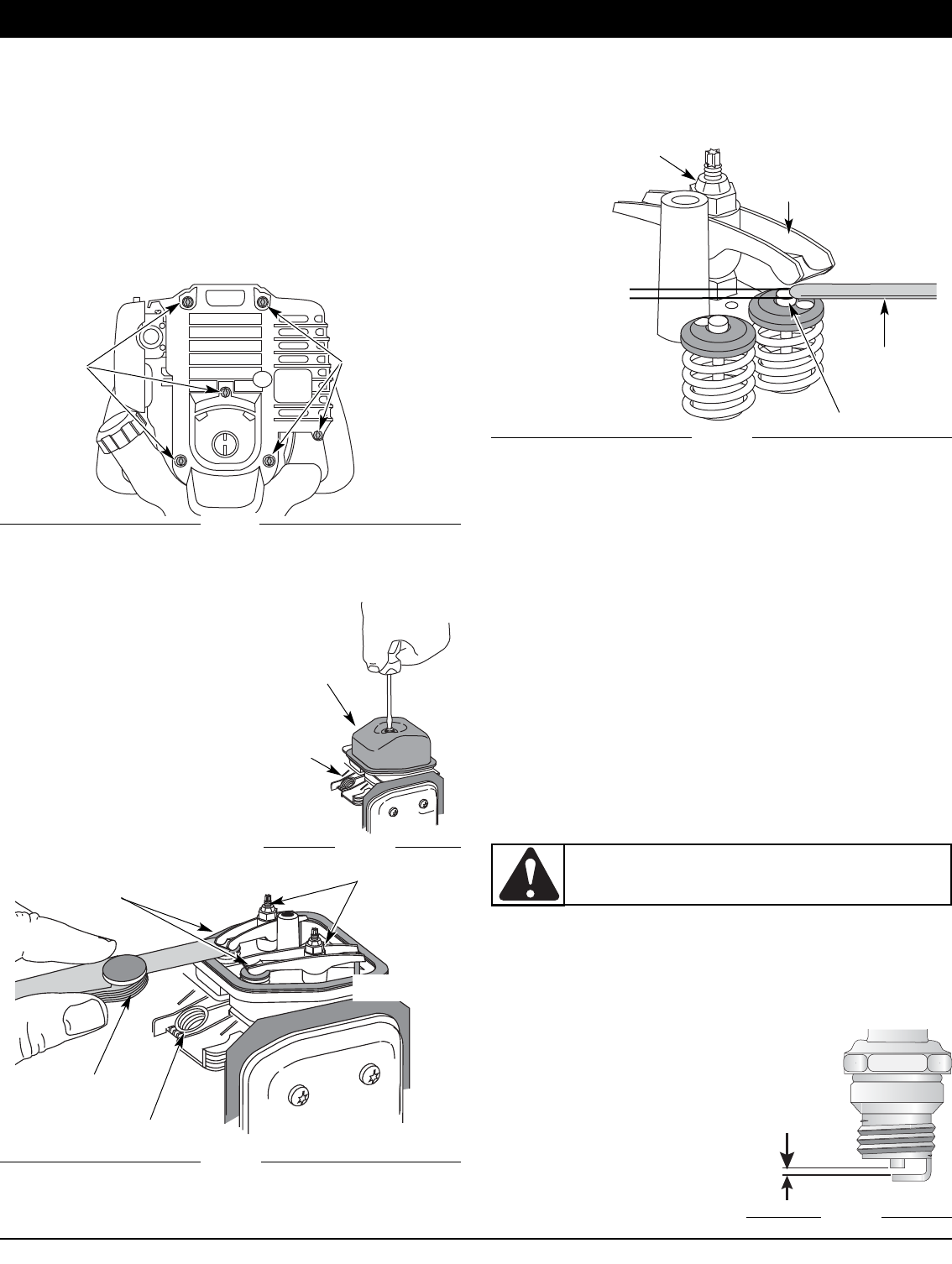
MAINTENANCE AND REPAIR INSTRUCTIONS
ROCKER ARM CLEARANCE
This requires disassembly of the engine. If you feel unsure or
unqualified to perform this, take the unit to a Sears or other
qualified service dealer
NOTE: Inspect the valve to rocker arm clearance with a feeler
gauge after the first 10 hours of operation and every 25
hours of operation.
• The engine must be cold when checking or adjusting the valve
clearance.
• This task should be performed inside, in a clean, dust free area.
1. Remove the six (6) screws on the back of the engine cover with
a Flat-head or T-25 Torx screwdriver (Fig. 30).
2. Disconnect the spark plug wire.
3. Clean dirt from around the spark plug. Remove the spark plug
from the cylinder head by turning a 5/8 in. socket
counterclockwise.
4. Remove the engine cover (Fig. 30).
5. Clean dirt from around the rocker
arm cover. Remove the screw
holding the rocker arm cover with
a large flat blade screwdriver or
Torx T-25 bit (Fig. 31). Remove
the rocker arm cover and gasket.
6. Pull the starter rope slowly to
bring the piston to the top of its
travel, (known as top dead
center). Check that:
• The piston is at the top of its travel.
Look in the spark plug hole to view
the piston (Fig. 32).
• Both rocker arms move freely, and both valves are closed.
If these statements are not true, repeat step 6.
7. Slide the feeler gauge between the rocker arm and the top of each
valve stem. Measure the clearance between the valve stem and
rocker arm (Fig. 33). Measure both the intake and exhaust valves.
The recommended clearance for both intake and exhaust is .003 –
.006 in. (.076 – 0.152 mm). Use a standard automotive .005 in.
(0.127 mm) feeler gauge. The feeler gauge should slide between the
rocker arm and valve stem with a slight amount of resistance,
without binding. See Figures 32 and 33.
8. If the clearance is not within specification:
a. Turn the adjusting nut using a 5/16 inch (8 mm) wrench or nut
driver (Fig. 33).
• To increase clearance, turn the adjusting nut
counterclockwise.
• To decrease clearance, turn the adjusting nut clockwise.
b. Recheck both clearances, and adjust as necessary.
9. Reinstall the rocker arm cover using a new gasket. Torque the
screw to 20–30 in•lb (2.2–3.4 N•m).
10. Check the spark plug and reinstall. See Replacing the Spark Plug.
11. Replace the spark plug wire.
12. Reinstall the engine cover. Check alignment of the cover before
tightening the screws. Tighten screws.
REPLACING THE SPARK PLUG
Use a replacement part number 753-05255 or Champion spark plug,
#RDZ19H. The correct air gap is 0.025 in. (0.635 mm). Remove the
plug after every 25 hours of operation and check its condition.
1. Stop the engine and allow it to cool. Remove the six (6) screws
on the back of the engine cover with a Flat-head or T-25 Torx
screwdriver (Fig. 30).
2. Grasp the plug wire firmly and
pull the cap from the spark plug.
3. Clean dirt from around the spark
plug. Remove the spark plug
from the cylinder head by turning
a 5/8 in. socket
counterclockwise.
4. Replace cracked, fouled or dirty
spark plug. Set the air gap at
0.025 in. (0.635 mm) using a
feeler gauge (Fig. 34).
Remove
Screws
Fig. 30
View Of The Rear Engine Cover
Remove
Screws
Rocker
Arm
Cover
Fig. 31
Spark
Plug
Hole
Adjusting Nuts
Feeler Gauge
Rocker Arms
Fig. 32
INTAKE
EXHAUST
Spark Plug
Hole
Feeler Gauge
Adjusting Nut
Rocker Arm
.003–.006 in.
(.076–.152 mm)
Valve Stem
Fig. 33
12
WARNING: Do not sand blast, scrape or clean
electrodes. Grit in the engine could damage the
cylinder.
0.025 in.
(0.635 mm)
Fig. 34



